Developing partnerships with Indigenous communities, people and organisations underpins the NESP Resilient Landscapes Hub’s work. The hub is built on more than 18 years of working with Aboriginal and Torres Strait Islander rangers, researchers and Traditional Owners. Together we design, undertake and share the findings of research.
The hub facilitates best-practice Indigenous-led and co-designed science. We continue to draw on lessons from the Our Knowledge, Our Way Guidelines that were developed under our previous hub.
In 2023, the hub made further strides, establishing the Indigenous Advisory Panel, recruiting an Indigenous Research Facilitator, Oliver Tester, appointing an Indigenous postdoc, Teagan Shields to manage two Indigenous-led projects, and by employing three Indigenous Research Associates, Shandell Cummings, Lenore Morris and Aidan Mitchell through a collaboration with CSIRO and the University of Western Australia (UWA).
The NESP Resilient Landscapes Hub has incorporated Indigenous Knowledge into all elements of its operation through Indigenous leadership, scholarship and research partnerships.
“Our work continues to support a legacy of Indigenous land management and ways of working. By supporting the enduring stewardship of Country, the hub helps to strengthen the conservation of Australian ecosystems and inform their management,” said Deputy Hub Leader and Wardandi Noongar, Professor Stephen van Leeuwen.
Community and Country are at the heart of our actions at the Resilient Landscapes Hub.
A major highlight for the hub in 2023 was the establishment of the Indigenous Advisory Panel. The six-person panel provides advice to the Hub Steering Committee and Research Executive Committee. Their advice ensures that an Indigenous perspective is applied throughout the hub’s research development, approvals, implementation and evaluation processes. The panel includes experts in Indigenous knowledge and environmental research from across Australia: Professor Stephen van Leeuwen (Chair), Scott Allen, Lani Barnes, Professor Phil Duncan, Marlee Hutton and Niboddhri Ward.
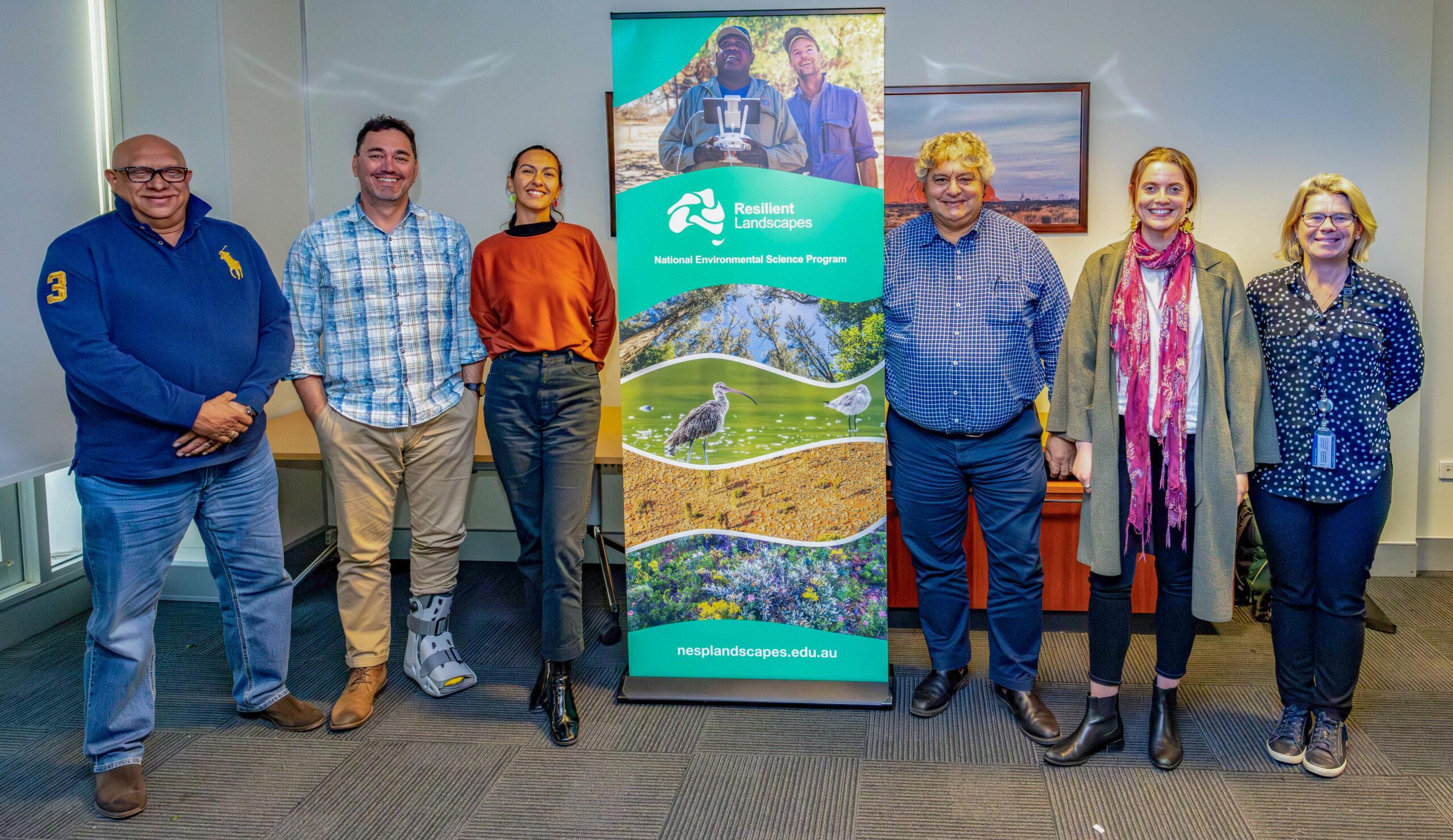
Members of the Indigenous Advisory Panel. Left to right: Phil Duncan (University of Canberra, Centre for Applied Water Science), Scott Allen (Jaithmathang Traditional Ancestral Bloodline Original Owners First Nation Aboriginal Corporation), Marlee Hutton (Kimberley Land Council), Stephen van Leeuwen (Indigenous Advisory Panel chairperson, NESP Resilient Landscapes Hub), Lani Barnes (Commonwealth Environmental Water Holder), Niboddhri Ward (Australian Department of Climate Change, Energy, the Environment and Water). Photo: NESP Resilient Landscapes Hub.
In 2023, the hub welcomed 2 new staff members who are contributing to Indigenous research partnerships and collaborations. Oliver Tester has taken on the role of Indigenous Research Facilitator. Oliver works closely with researchers to build collaborative relationships with Indigenous communities and to identify opportunities for Indigenous employment and training.
Dr Haylee D’Agui has taken on the role of Senior Research Officer. Haylee is responsible for coordinating and delivering projects within the ‘Indigenous knowledge and managing the Indigenous estate’ research theme, led by Professor Stephen van Leeuwen.
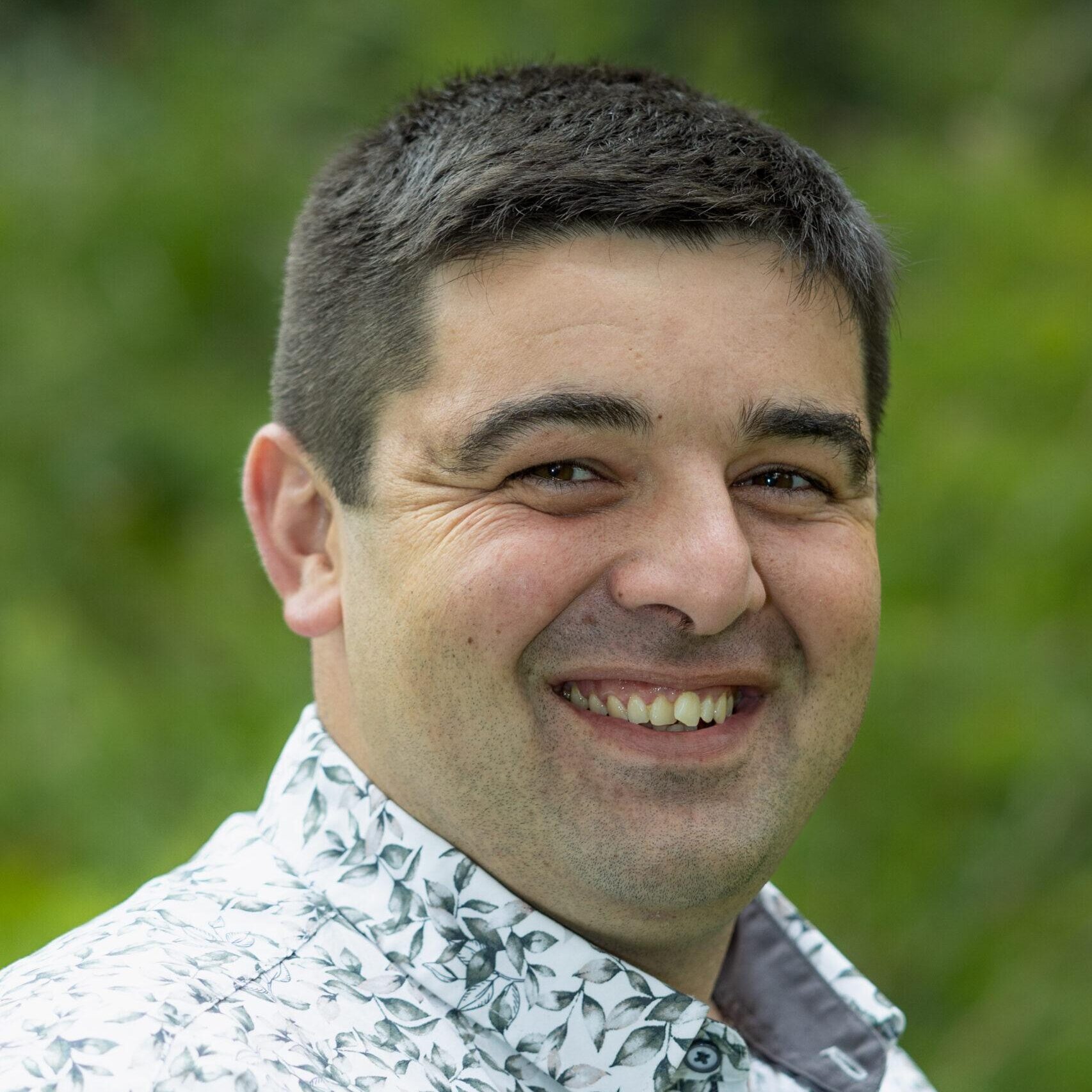 |
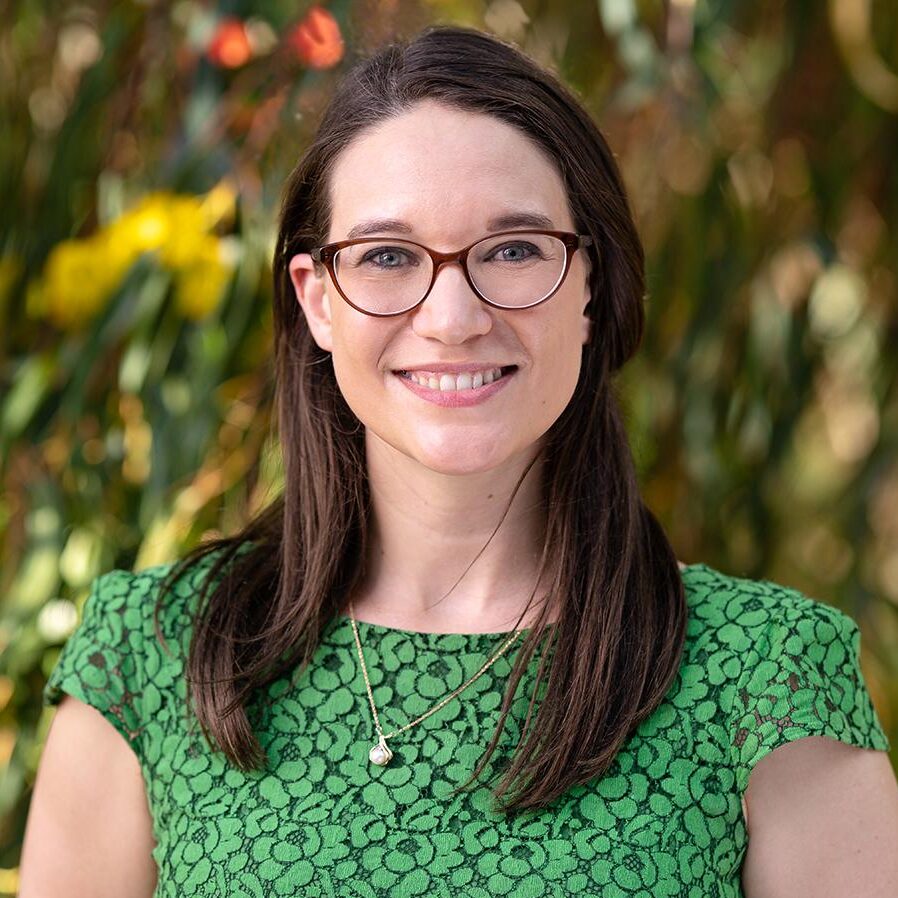 |
Indigenous Research Facilitator, Oliver Tester (left), and Senior Research Officer, Dr Haylee D’Agui (right).
The Hub has appointed Teagan Shields, a proud Arabunna descendant from Country around Lake Eyre as a post-doctoral Research Fellow. Teagan will continue to pursue her research interests focus on the recognition of species and ecological communities of cultural significance to Indigenous Australians (Recognising culturally significant entities). Teagan will also manage a project to evaluate the need for, governance arrangements, and function of a national organisation bridging the gap between the environmental research and management needs of Indigenous Australians and those of research providers, policy makers, land management practitioners and the corporate and government sectors (Developing a National Indigenous Environmental Research Network).
The hub has also employed 3 new Indigenous Research Associates, who are each undertaking higher degrees by research while working for the hub. Funded through a partnership between CSIRO and UWA, their research incorporates traditional knowledge and cultural insights into environmental conservation. Shandell Cummings’ work is focussed on the use of traditional Indigenous fish-traps in southwest WA. Lenore Morris is researching the benefits of wet-season burning in Kakadu National Park. Aidan Mitchell is assessing the ecological restoration of agricultural land in southwest WA.
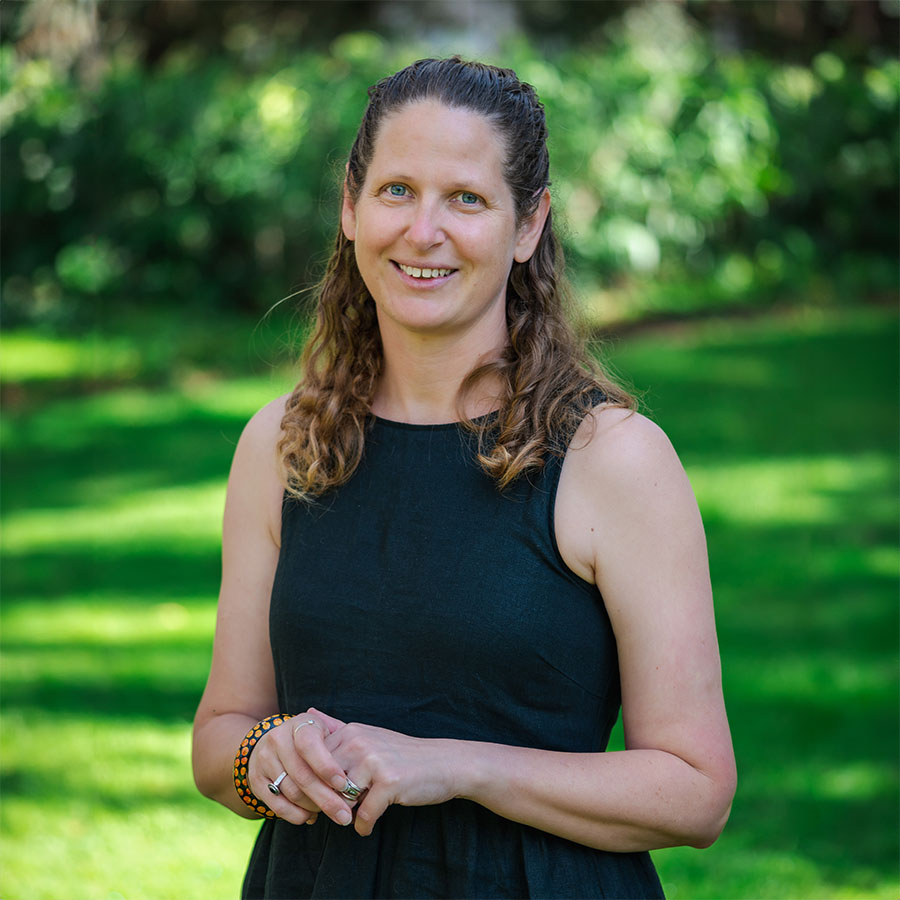 |
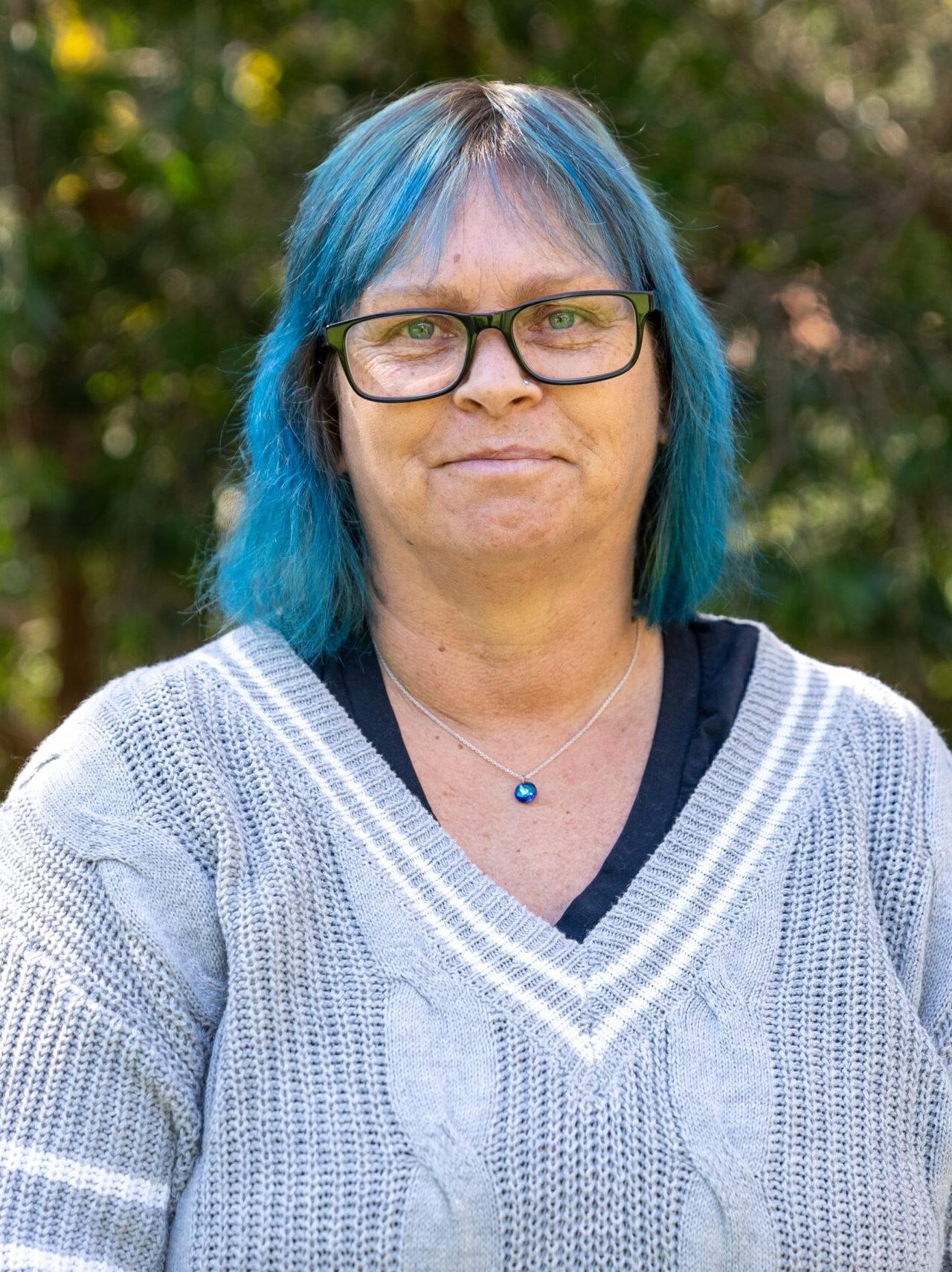 |
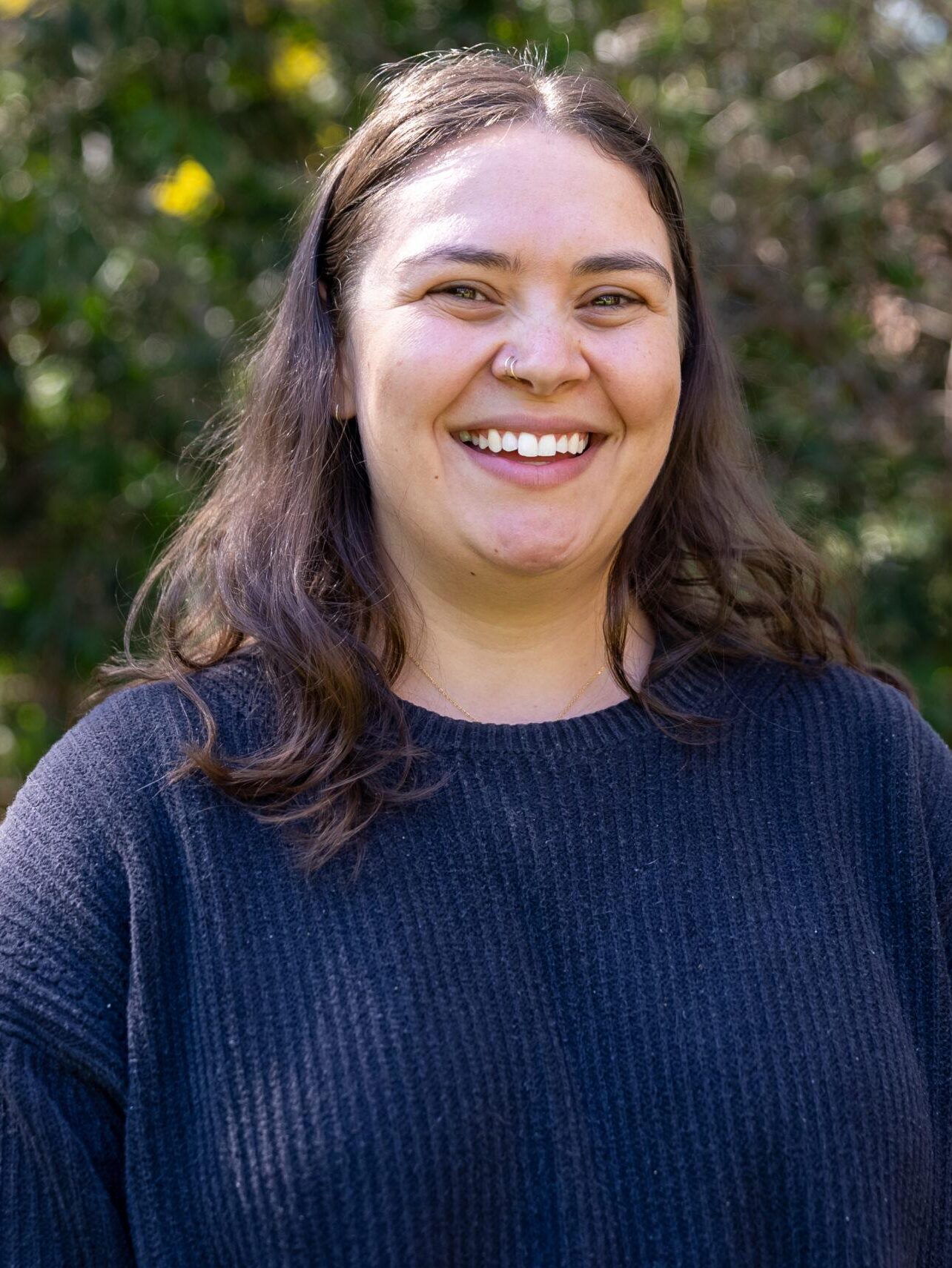 |
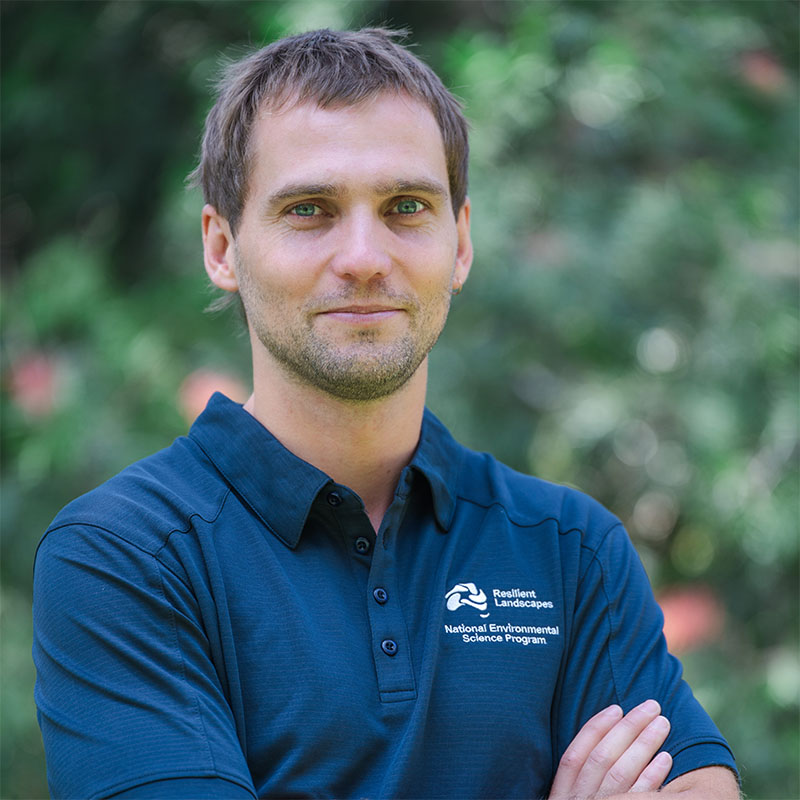 |
From left to right: Teagan Shields, Shandell Cummings, Lenore Morris and Adian Mitchell.
The work done by the Indigenous Advisory Panel, Facilitators, support staff and Indigenous Research Associates builds on the hub’s partnerships with Indigenous research organisations. These partnerships grew and deepened in 2023. Through partnerships, the hub now supports several Indigenous-led or co-designed research projects, including: